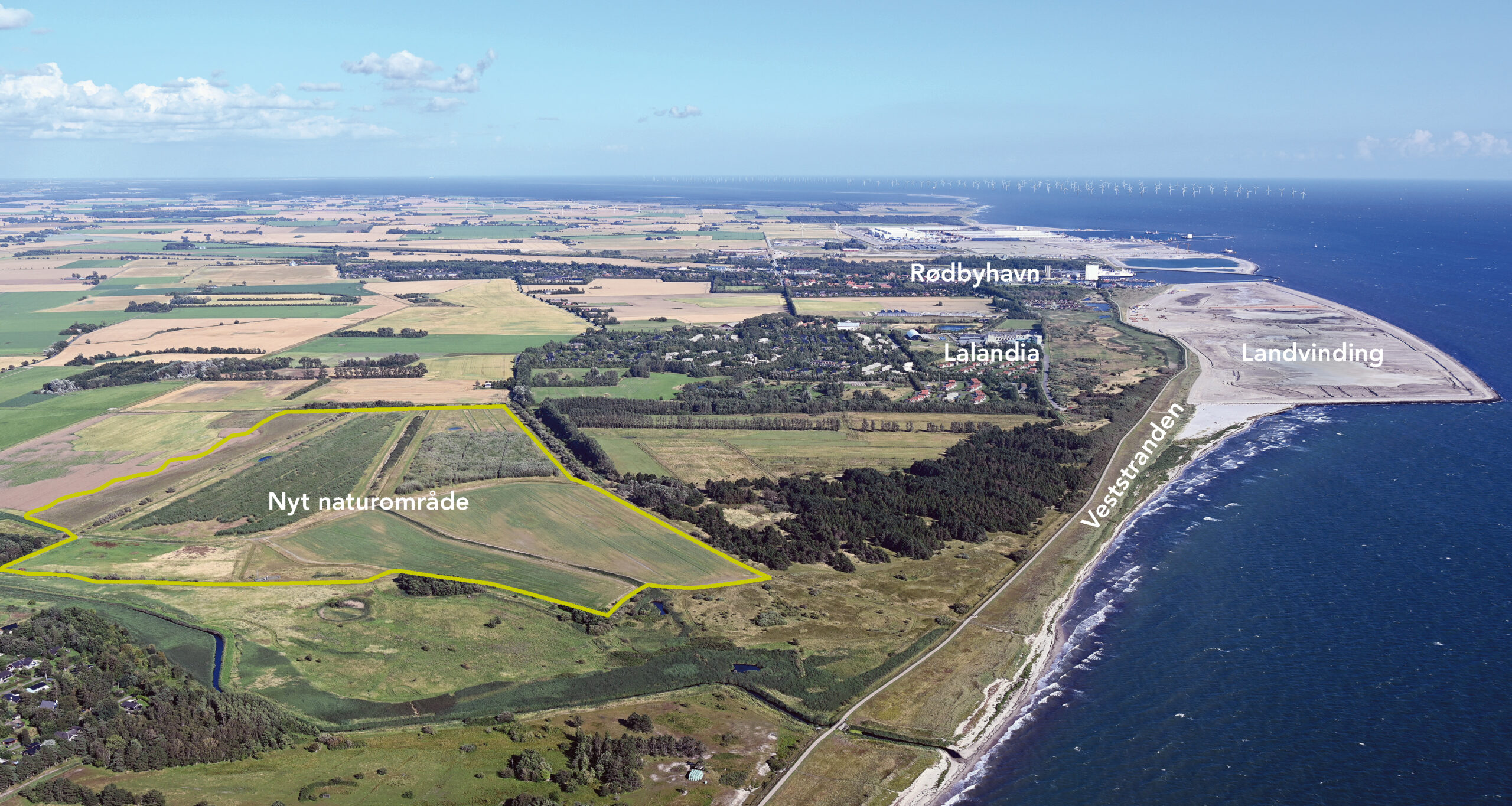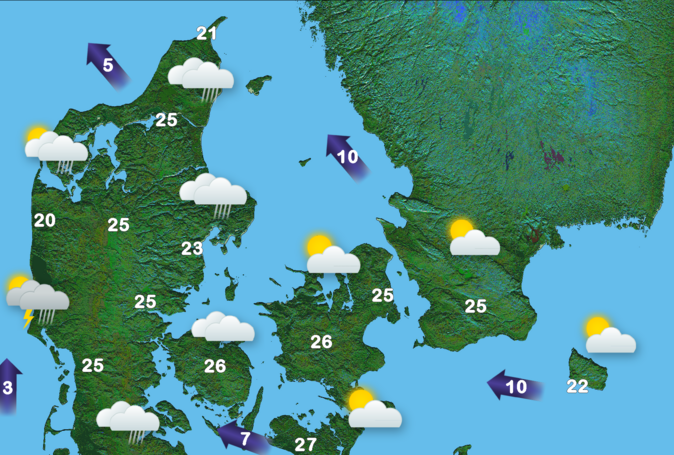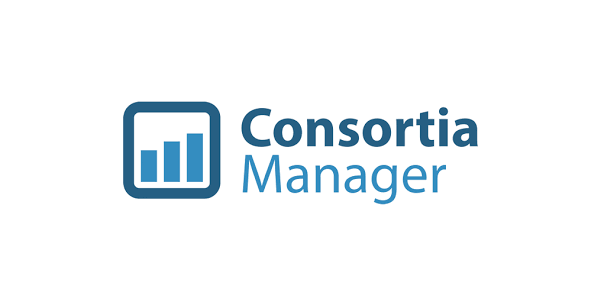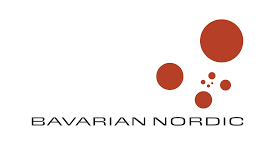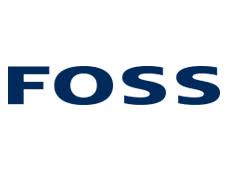The government has called a meeting with all of parliament's political parties today with the hope of forging a common EU policy, according to Politiken newspaper.
The meeting is hoped to cement a common EU policy that will see Denmark formally adopt a positive approach to the EU, as opposed to other EU countries such as the UK that are experiencing a flourishing Euroscepticism.
“Denmark needs to be as close to the core [of the EU] as possible,” Nicolai Wammen (Socialdemokraterne), the minister for European affairs, told Politiken. “I hope that we can complete a deal before the summer holiday.”
The last joint EU deal was agreed upon in 2008 among all parties except Enhedslisten and Dansk Folkeparti following the signing of the Treaty of Lisbon. The parties used the 2008 deal to send a common statement that the treaty was a tool that would benefit Europe’s population and the European democratic process.
The call for a new EU policy arrives following several years of instability caused by the European sovereign debt crisis. Denmark's position will likely outline a common policy toward the new EU treaties and measures, such as the banking treaty, that were taken to tackle Europe’s spiralling debt problems.
“The goal of the new EU deal is to lay a clear course for Denmark’s approach to the EU over the coming years,” Wammen said. “It won’t be a detailed manual answering every conceivable question about the EU. The idea is to paint with broader strokes.”
Denmark’s four opt-outs to EU co-operation, granted in 1993 in exchange for remaining in the union, are increasingly being seen as a hindrance to Danish interests.
For example, Denmark’s opt-out on co-operating with EU legal affairs may mean that it will be unable to remain a member of Europol, the EU’s supranational police agency.
As a result, the government has promised to hold a referendum on abolishing the legal and defence opt-outs. The referendum is supported by chief opposition party Venstre, which urged the government to call today’s meeting.
According to Politiken, Venstre want to discuss ways of increasing the number of Danes employed by the European Commission (EC) in Brussels. No Danes managed to pass the last set of entrance exams for the EC.
Denmark's opt-outs and the poor performance at the exams are both seen as harming Danish interests and possibilities to exert influence in the union.




